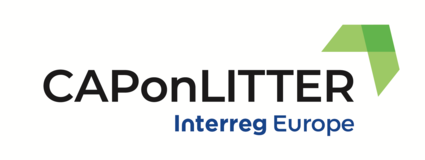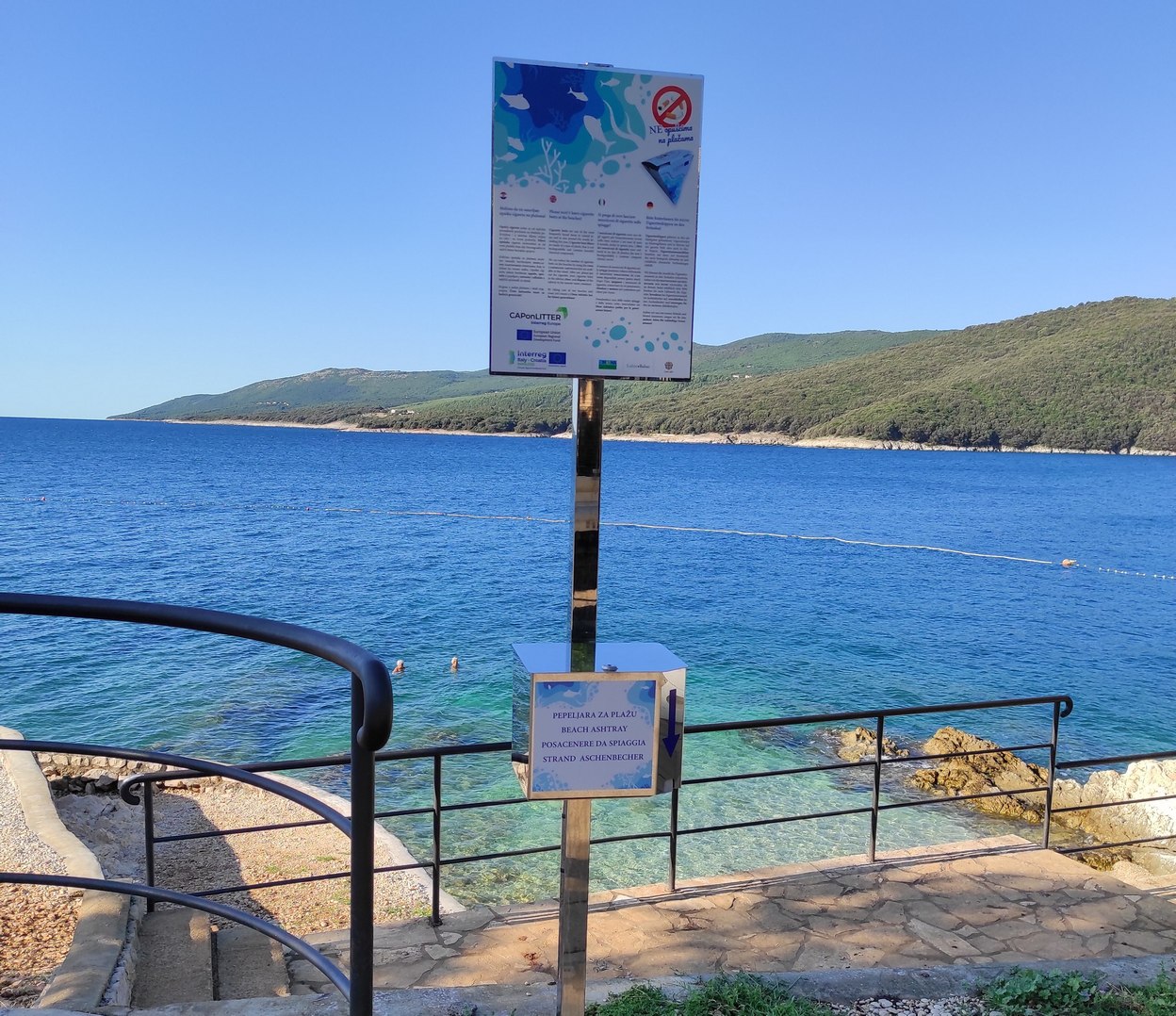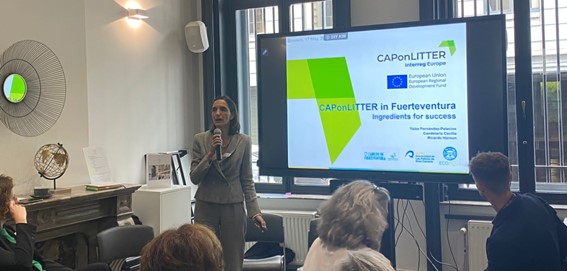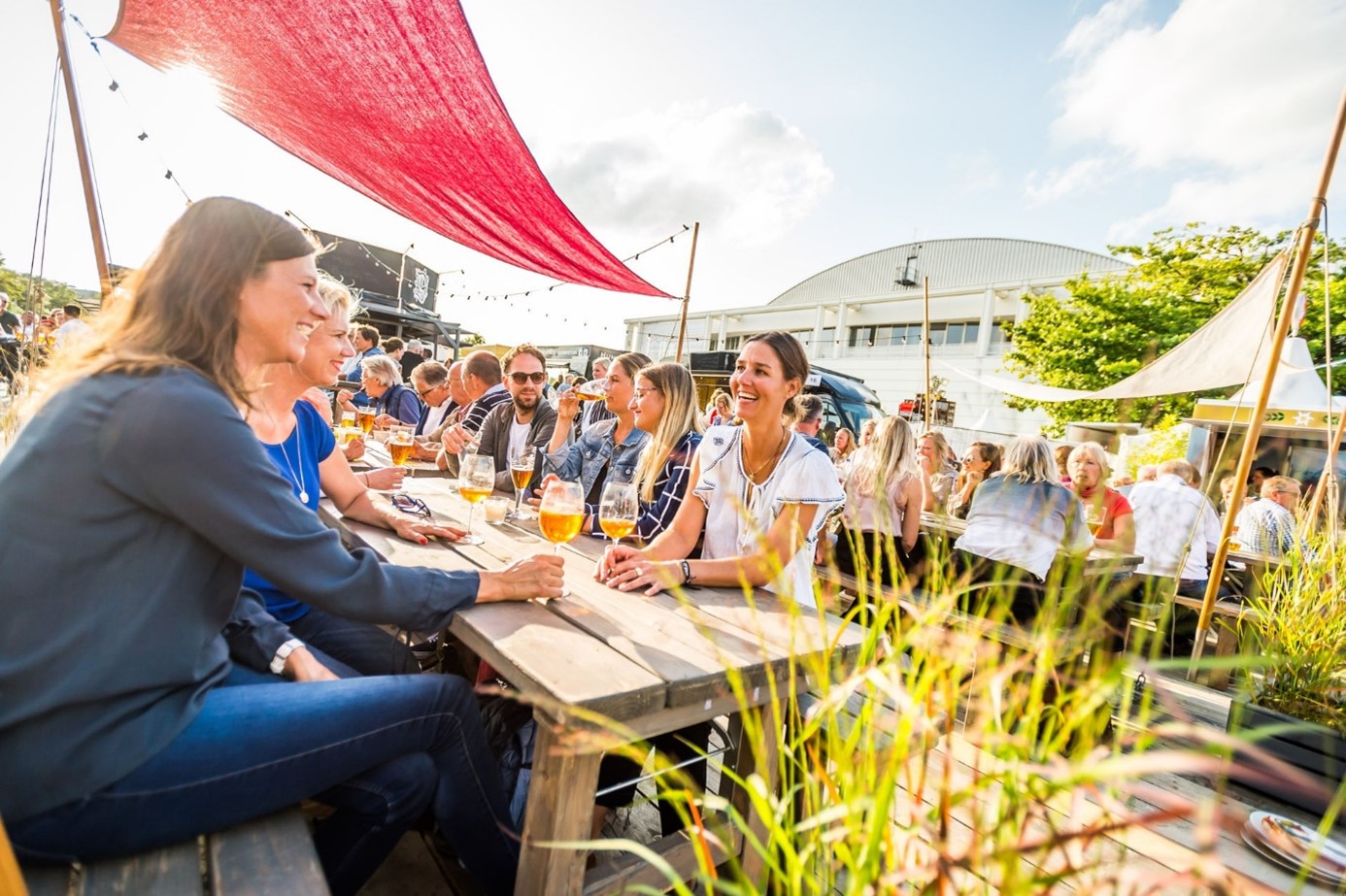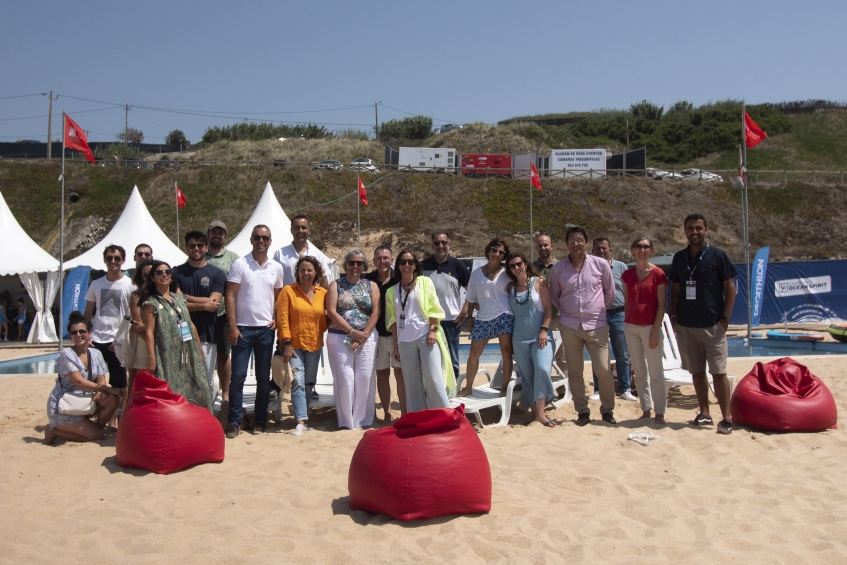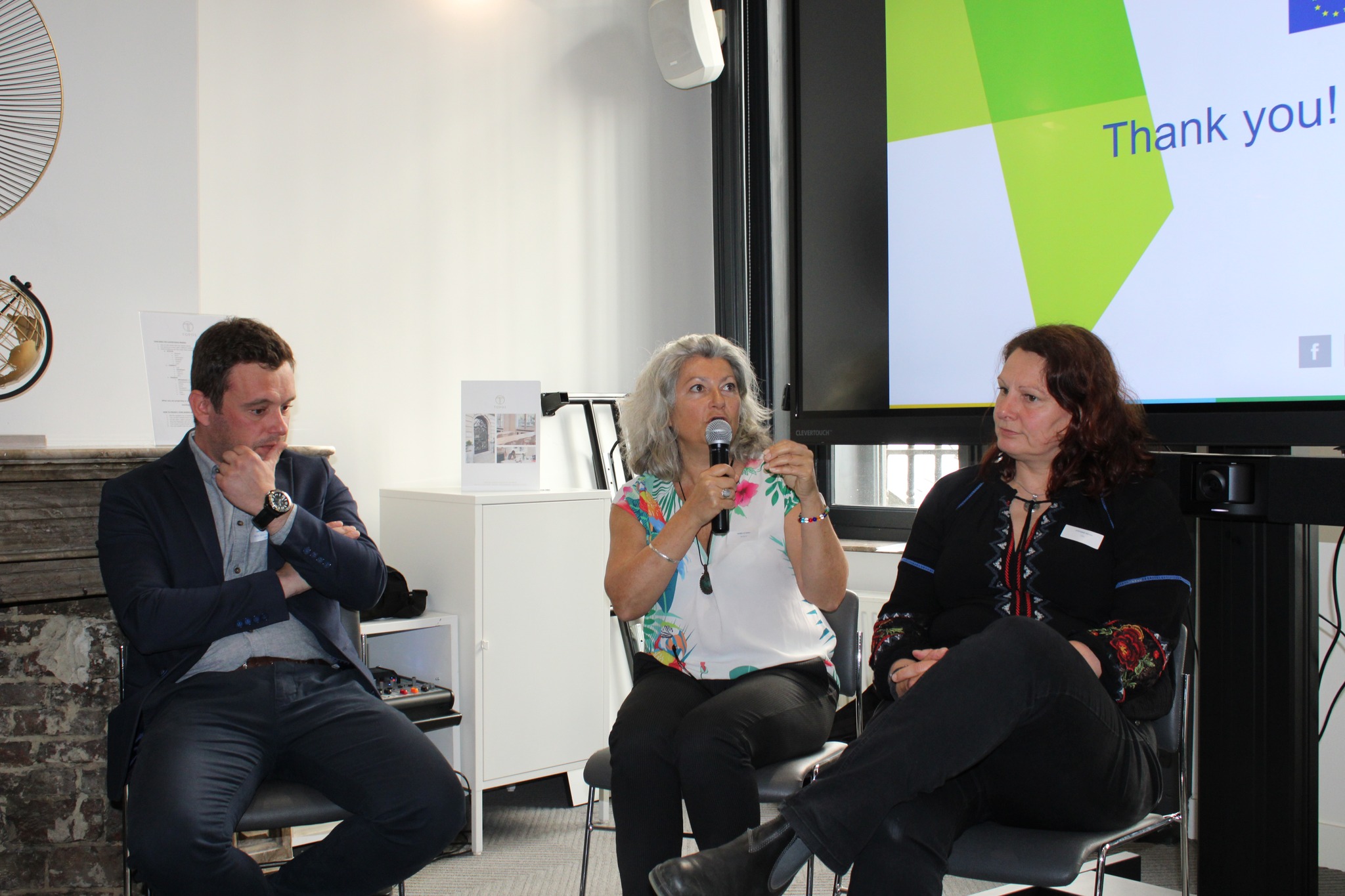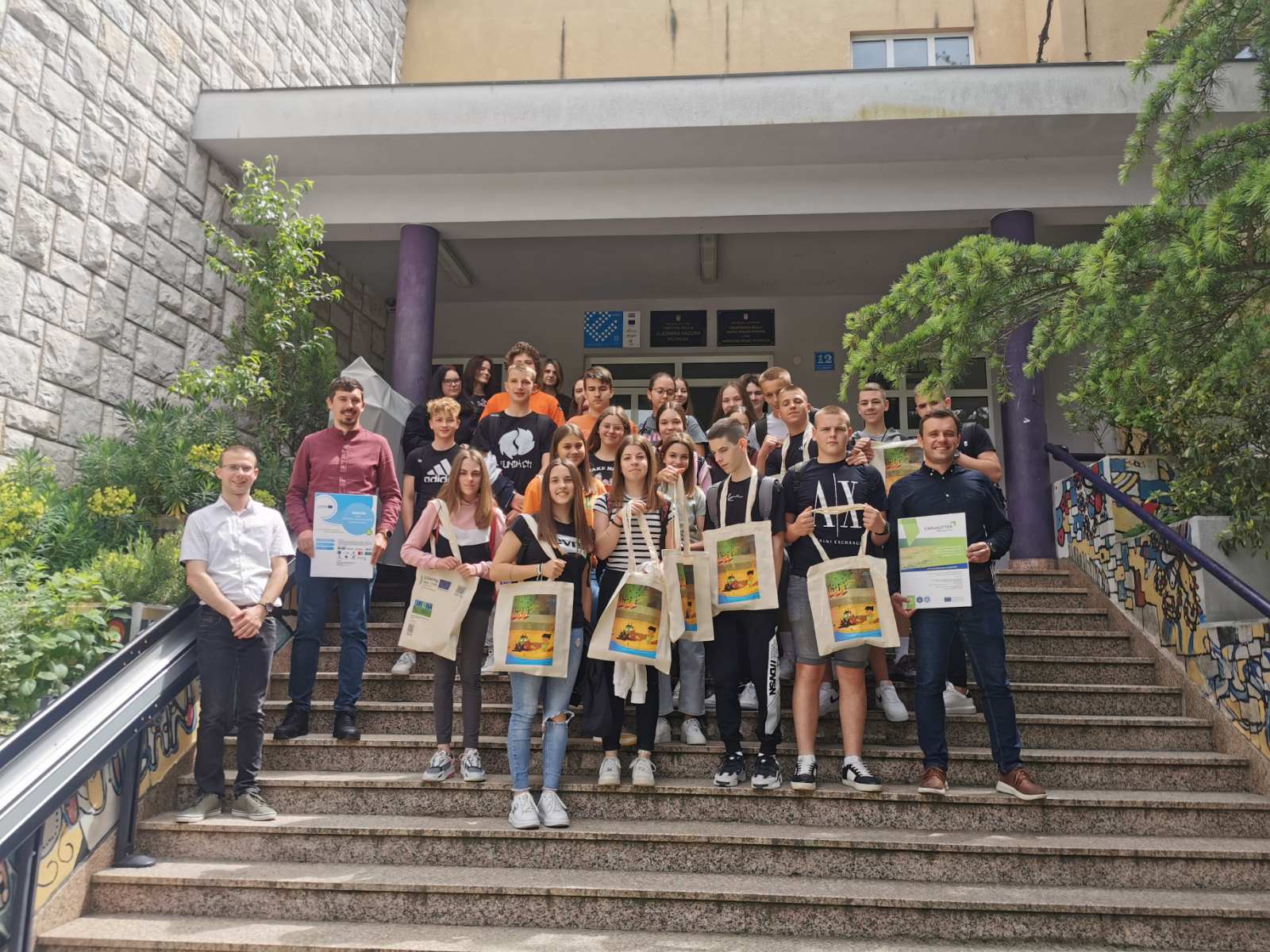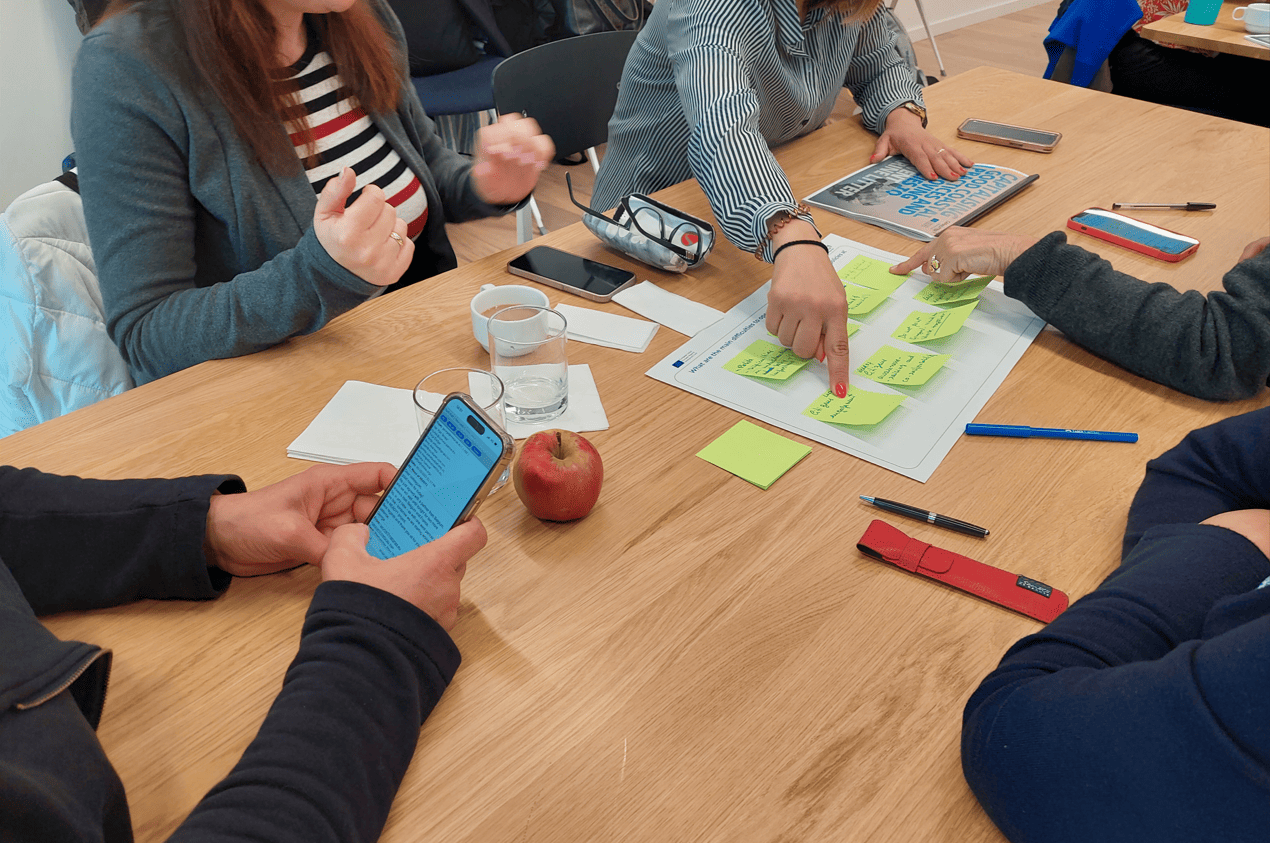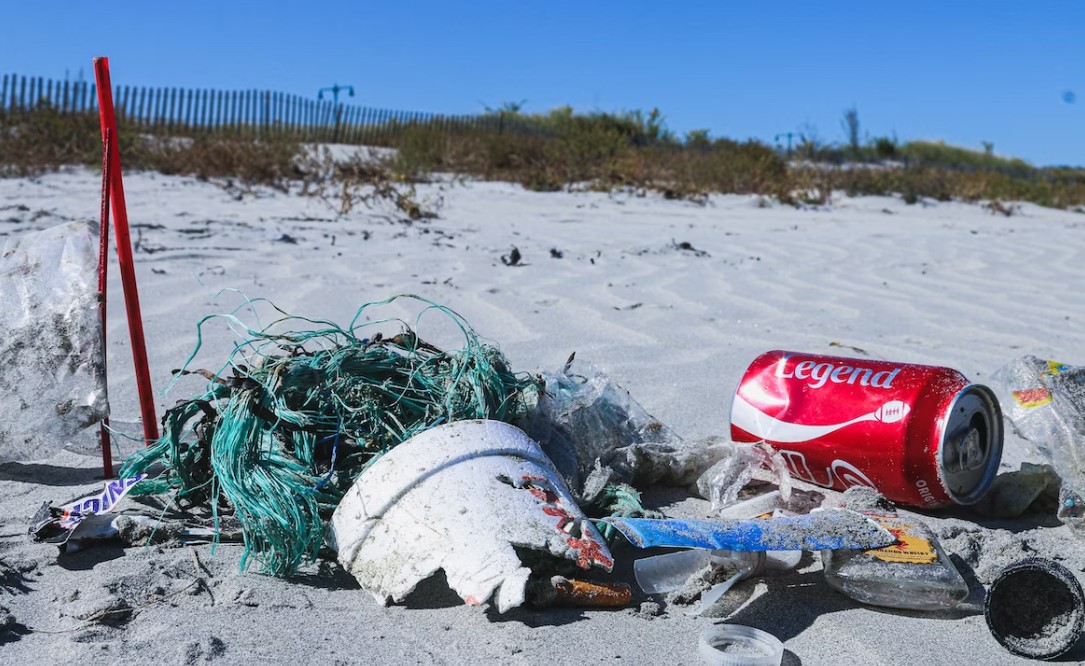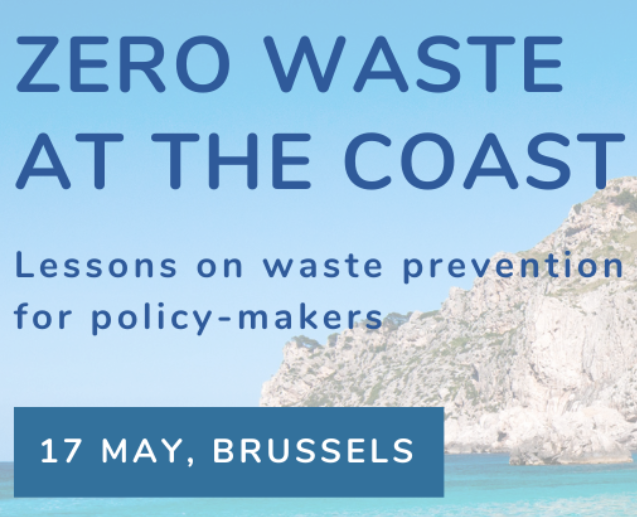The 1st Regional Stakeholders Workshop in Bulgaria, of the CAPonLITTER project, was organized by PP4 – Union of Bulgarian Black Sea Local Authorities (UBBSLA). With the title “How to turn coastal activities – of tourism and recreation – zero-waste?” it took place on 29 January 2020, Conference room of Basin Directorate for Black sea region, in Varna (Bulgaria).
The event was officially opened by Ms. Tsenka Vasileva, BSBD and Ms. Mariana Kancheva, Ex. Director of the UBBSLA. Among a wide group of national stakeholders - experts from the municipalities of Varna, Aksakovo, Beloslav and Dolni Chiflik, Varna District Administration, specialists in ecology, shore protection and marine water protection, Ms. Kancheva presented the CAPonLITTER project.
In the framework of the event, Ms. Yana Balashova, senior expert at Basin Directorate for the Black sea Region presented the topic "Monitoring in the implementation of the monitoring program under Descriptor 10 Marine Waste under the Marine Strategy Framework Directive 2008/56 / EC". Plastic waste in the form of bottles, caps and bottle rings, tubes, is the most common occurrence along our coast, according to a three-year monitoring by the Basin Directorate. At the same time, statistics show that only 5 percent of the plastic used in our country is recycled and about half of plastic products complete their life at the landfill.
UBBSLA as a national partner in the project will focus on the development of a Regional Action Plan, the recommendations of which will be included in the preparation of the "Regional Development Strategy of Varna" for the next programming period 2021-2027
Presentation on the topic "Monitoring in the implementation of the monitoring program under Descriptor 10 Marine Waste under the Marine Strategy Framework Directive 2008/56 / EC" was made by Ms. Yana Balashova, BSBD.
The Public Center for Environment and Sustainable Development (OCOSUR) supported the UBBSLA’ initiative by sharing the concept of "Zero Waste", as well as good practices and experience in this field. The Chairman of OCOSUR, Mr. Ilian Iliev helped the participants to determine the most effective as well as the most expensive waste reduction measures.
The "bag payment" system is one of the most effective in reducing household waste generation. It belongs to the so-called economic incentives and is part of the 10 steps to zero waste. The system follows the "polluter pays" principle and includes free waste collection, for example, for the first two bags of household waste per month, and each subsequent one is paid for. Together with the first step - waste separation at the source, it was identified as one of the most productive by the participants in the working meeting of municipal ecology experts from the Black Sea municipalities.
Waste reduction initiatives, such as the so-called "Green municipal public procurement" was defined as another very good measure. Ireland was cited as a positive example in this regard. The 15 euro cent fee introduced there on plastic bags reduces their use by 92 percent.
The municipalities have a decisive role for the "green" initiatives, and the principles can be laid down in the requirements for announcing public procurements, for example, Ilian Iliev believes. Local authorities are able to enforce the use of reusable or compostable utensils in municipal facilities. They have a key role in the introduction of the so-called “Deposit systems” during events, use of reusable cups against deposit by participants. The delivery of vending machines, which have the option to use their own glass, give the consumer the right to an ecological choice, and can also be required in public procurement notices.
As the most costly and resource-intensive measures, the participated stakeholders in the meeting identified door-to-door waste collection and improved industrial design of products by industry.
Plastic waste in the form of bottles, caps and rings from bottles, tubes, is the most common on our coast, according to a three-year monitoring of the Basin Directorate for the Black Sea region. At the same time, only 5 percent of the plastic used in our country is recycled, according to statistics. About half of the plastic products end their lives at the landfill. 80% of the plastic in the sea has been used and previously dumped on land.
10 steps to Zero waste:
- Separation at the source;
- Garbage collection from door to door;
- Composting;
- Recycling;
- Municipal centers for reuse, repair and disassembly of waste;
- Waste reduction initiatives;
- Economic incentives;
- Center for sorting and research of residual waste;
- Improved product design;
- Temporary depot.
